The American South has a reputation for lots of things, but nothing quite as endearing as its Southern slang. Some may agree that the southern dialect is its own language that requires translation. Travel anyplace south of the Mason-Dixon Line, and you’re likely to hear a cheery ‘Y’all, a cheeky ‘Bless Your Heart,’ or any of these other timeless Southern sayings.
Dag Nab It

People in the South may say this when they are mildly unhappy, upset, or frustrated. However, because it is not a strong swear word or curse, it can be used to express displeasure without resorting to more offensive language. It is believed to be a nice way of saying, “God damn it.”
Fiddle Faddle

The term “fiddle-faddle” is used to mock something silly, insignificant, or of little worth. This expression is most likely derived from the idea of toying around with something for fun when it has no real significance or value.
Livin’ High on the Hog
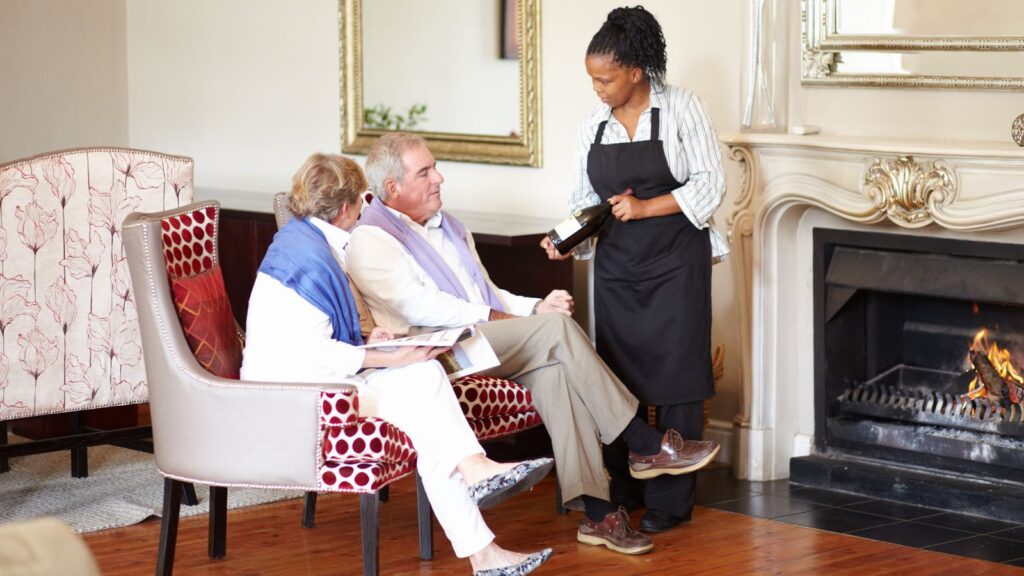
The saying originates from farming. When a pig is grown for food, the best pieces of meat are found in the upper body, including the belly and ribs. “Livin’ high on the hog” refers to enjoying life’s highlights, which are typically associated with money, luxury, and style.
Hill of Beans

In the South, a hill of beans is used as a measurement. A hill of beans isn’t worth much, whether measured in terms of volume or value. That suggests anything you’re discussing is worth less than barely anything.
Gussied Up

This suggests you’re dressed up and looking better than usual. Whether you’re attending church, a wedding, or another special event, you’ll dress to impress.
Till the Cows Come Home

Cows aren’t renowned for their speed, and they normally wander around until it’s time to eat. If you do something until the cows come home, it will take all day.
Buggy

A buggy is the Southern term for a shopping cart or trolley that you see in grocery stores and supermarkets. This quirky little bit of vocabulary adds some local character to shopping and demonstrates how Southerners use terms that make sense in their own culture to describe everyday items.
You Look Rode Hard and Put Up Wet

When a horse is ridden for long periods of time, it begins to sweat. Before being placed in their stalls for the night, they are routinely cleaned and dried off. When someone says, you look rode hard and put up wet; it suggests you are unwell or neglected.
If the Creek Don’t Rise
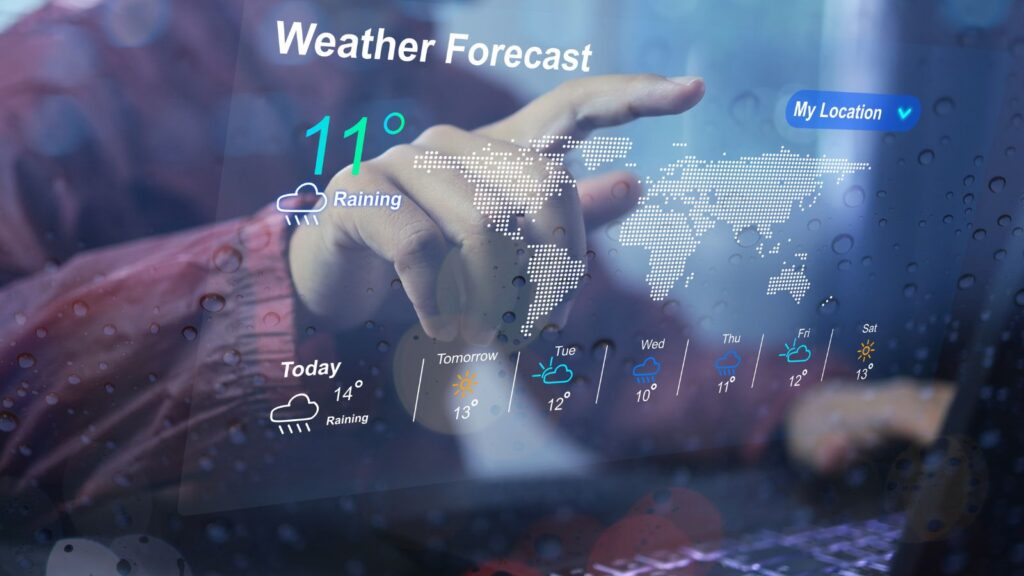
This translates to: “We’ll be there unless something outside of our control prevents us.” So, if God is willing and the creek doesn’t rise (severe weather, etc.), they’ll be there.
More than Carter’s Got Little Pills
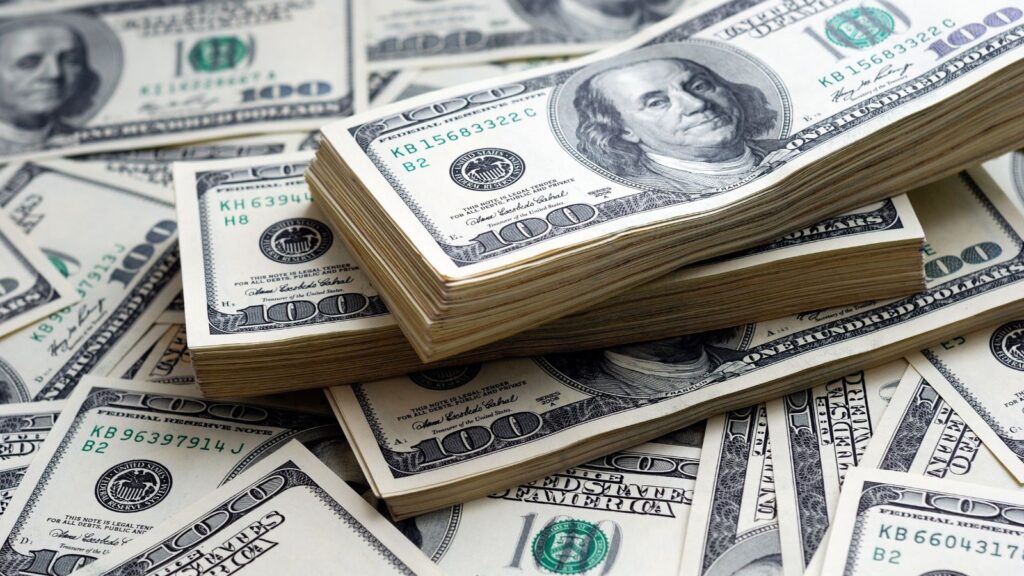
This one is from the nineteenth century when Carter Products advertised “Little Liver Pills” across the country. It signifies a large amount of something, such as trouble or money.
Fancified

Something has been fancified if it is decorated or fancier than normal. This phrase can be used in a variety of contexts, ranging from discussing clothing with little details to discussing badly prepared meals such as casseroles.
No Bigger Than a Minnow in a Fishing Pond

When you arrive to the fishing pond, you’re hoping for a decent catch. At least enough big catfish and carp to cook up for the family that night. If you only find minnows, they’re much smaller than the large catch you were hoping for. No bigger than a minnow in a fishing pond means the smallest possible size.
A Month of Sundays
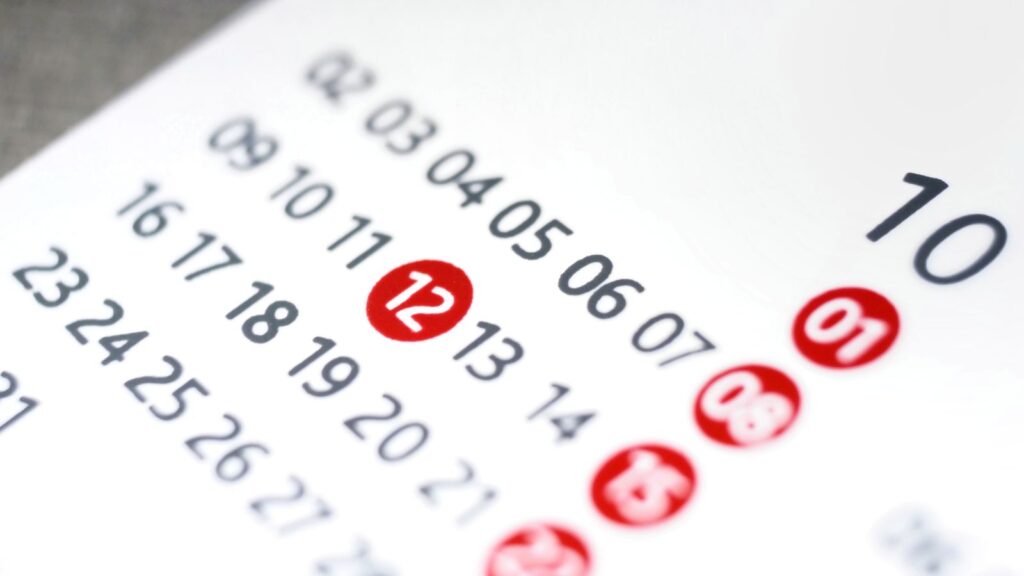
If you haven’t seen someone in a month of Sundays, it’s time. This term means something has taken a long time or is not likely to happen.
Bless Your Heart

It can be used in good faith, but if you hear bless your heart in the South, it generally has an edge behind it. It’s virtually always accompanied with a light-hearted, if slightly irritated, shake of the head. It can show empathy or judgment, or it can be used to hide someone’s true feelings.
If I Had My Druthers

Druthers loosely translates to “I would rather,” meaning, “If I could have it my way…” The statement is honored in song in Li’l Abner, a hilarious Broadway musical influenced by the South.
Pretty as a Peach
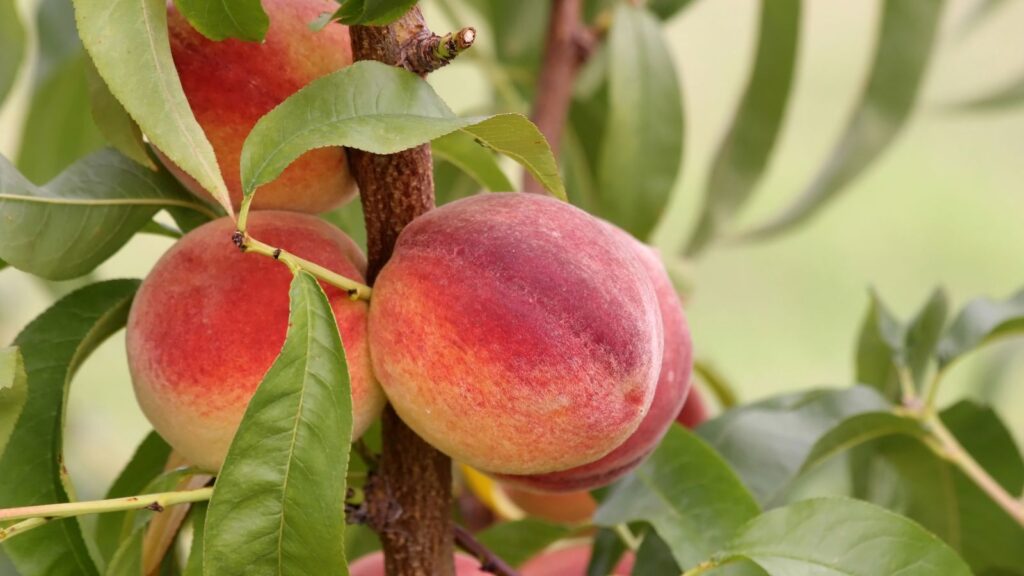
This is a compliment in the South, as Southern states are renowned for their peaches. And, of course, nothing is more beautiful than a nice summer day spent picking peaches.
I’ll Tell You What

This is an assertion of emphasis and outburst that frequently concludes with no extra explanation. It can also be the beginning of an exchange, the expression of a strong viewpoint, or a piece of advice that you may or might not wish to hear.
Well, Butter my Backside and Call Me a Biscuit

This is just a long and poetic way to express amazement at something unbelievable, something you never expected to happen. The surprise is usually good.
She’s Got Gumption

Gumption represents spirit, bravery, spunk, confidence, and initiative. If someone tells you have gumption, thank them and walk a little taller because you’ve gotten a great Southern compliment. Southerners gladly adopted this word from its early use as common sense in 1700s England and Scotland. In the 1900s, the word changed, gaining a Southern flavor as well as additional meanings like courage and get-up-and-go.
Quit Being Ugly

This phrase is not about physical beauty. Rather, when this term is spoken, we want you to remember your manners and stop behaving badly. When the kids are running around, this term is most likely to come from Mama’s mouth.
Three Sheets to the Wind

This word has a nautical background and refers to the sheets that control sails. When the sheets come away, the ship rocks wildly. Southerners use the word to politely describe someone who has had one too many cocktails and is really drunk.
19 Grim Realities of Dating After 50 That Are Often Overlooked

19 Grim Realities of Dating After 50 That Are Often Overlooked
26 Things That Will Be Extinct Because Millennials Refuse to Buy Them

26 Things That Will Be Extinct Because Millennials Refuse to Buy Them
24 Outdated Slang Terms You Absolutely Shouldn’t Be Using Anymore

24 Outdated Slang Terms You Absolutely Shouldn’t Be Using Anymore
25 Hardest Parts About Getting Older That No One Ever Talks About

25 Hardest Parts About Getting Older That No One Ever Talks About






